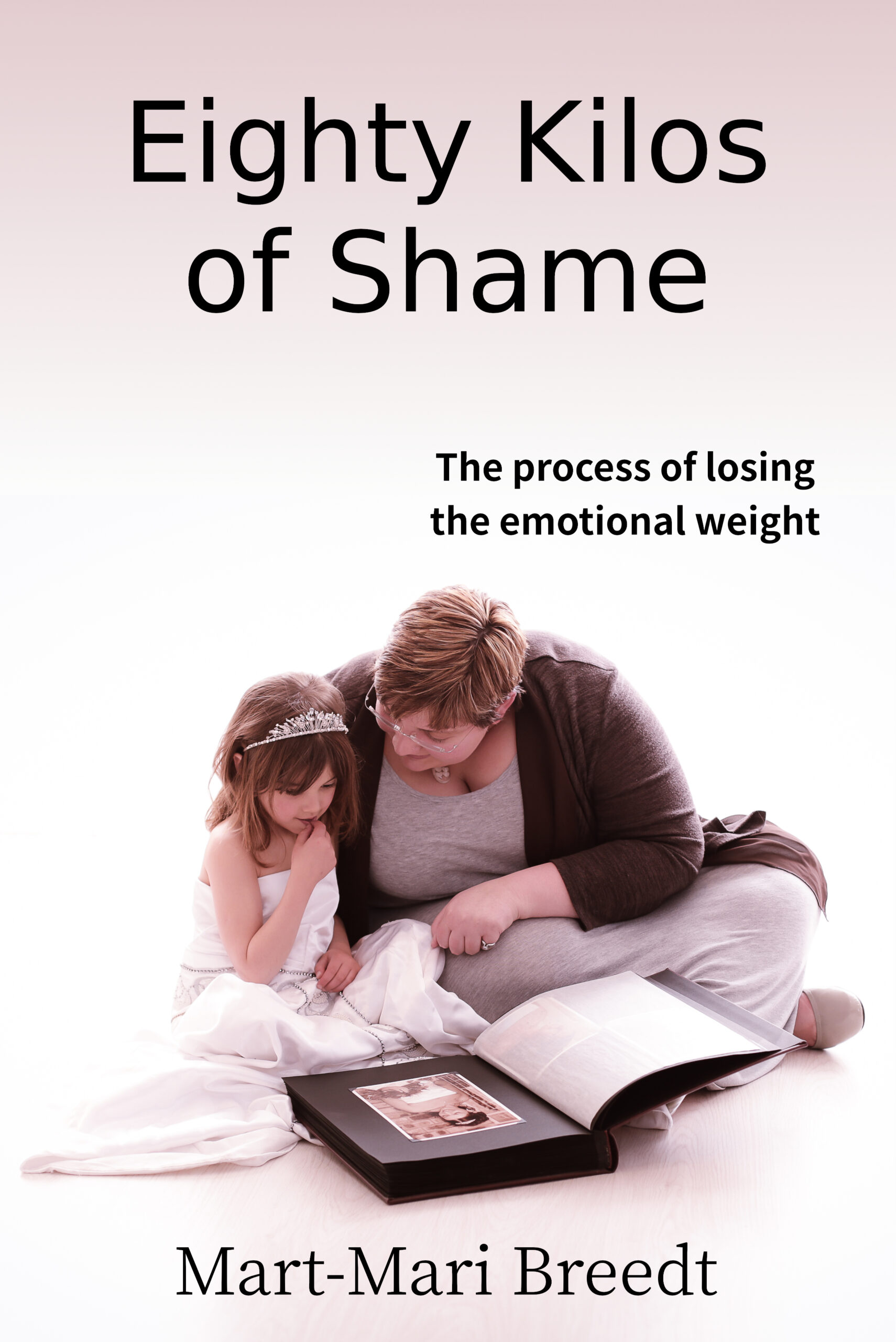
Blackmailing My Processes
Three weeks ago, just after 4:00 on a Sunday morning when I had a 15km run scheduled, I sent this message to my running coach:
“I woke up on time to join Run Zone, but I’m still exhausted (despite going to bed before 19:00 last night). I can’t go on like this… I can’t wake up daily feeling like death warmed up and keep pushing through. I’m going back to sleep and will probably run the RH 5km route x3 later by myself.”
That message sparked a conversation that led to two clear options: either I reduce my training load and lower my expectations for this year’s Cape Town Marathon, or I quit marathon training altogether and return to focusing on 5km or 10km distances.
This is my third year training for the same marathon goal, so cutting back didn’t feel like something I could accept. But with only six weeks to go until race day, I wasn’t ready to quit either. So, I proposed a compromise: “Let’s give it two weeks. If I’m still struggling, I’ll go with option two.”
Those two weeks flew by. During the first week, I struggled to feel like myself again, and I worried I’d have no choice but to give up. However, things began to shift, and I started feeling stronger each day. Two weeks later, I messaged my coach about the same topic again: “Can you believe how quickly time flies? It’s been two weeks, and I’m feeling a lot better. I want to continue marathon training and give Cape Town my best shot. What do you think?”
Thankfully, she agreed.
This experience made me reflect on how easily I used to consider giving up when things got hard. As soon as the wheels started coming off, my immediate reaction was to think that whatever I’d been doing up until then was no longer working—or maybe it never worked at all. I wanted to fix everything immediately or make drastic changes, hoping it would solve the problem. And if I didn’t have an immediate solution, I’d just quit altogether.
When I recently spoke to a Weigh-Less group, one of the members told me she’d already decided, before her weigh-in, that if she didn’t lose weight that day, she wouldn’t return to the group. It reminded me of the ultimatums I used to set for myself—believing that if I didn’t see immediate results, there was no point in continuing. I was blackmailing my processes holding them ransom for results.
But the truth is, success—whether in marathon training, weight loss, or any other goal—rarely follows a straight path. It’s also not just about hitting targets. Sometimes, success means forming new habits, letting go of old ones, or shifting how I think.
People often ask how I manage to stay motivated all the time. The reality is motivation ebbs and flows. There is no such thing as continuous motivation. The real challenge is handling the tough moments, the setbacks, and the times when things don’t go to plan. That’s when resilience kicks in—the ability to keep moving forward, even when everything seems to fall apart.
I’ve realised that sometimes the best thing to do when I feel things are going wrong is… nothing. By continuing with what I’ve been doing, I give myself time—like I did with my training. I allow myself the opportunity to become calmer and clearer and to regroup. And if I do decide to quit after taking that time, I quit on my terms—not from a place of overwhelm or irrationality.
How often have you found yourself quitting, not on your terms, but out of frustration, emotional overwhelm or impatience?

